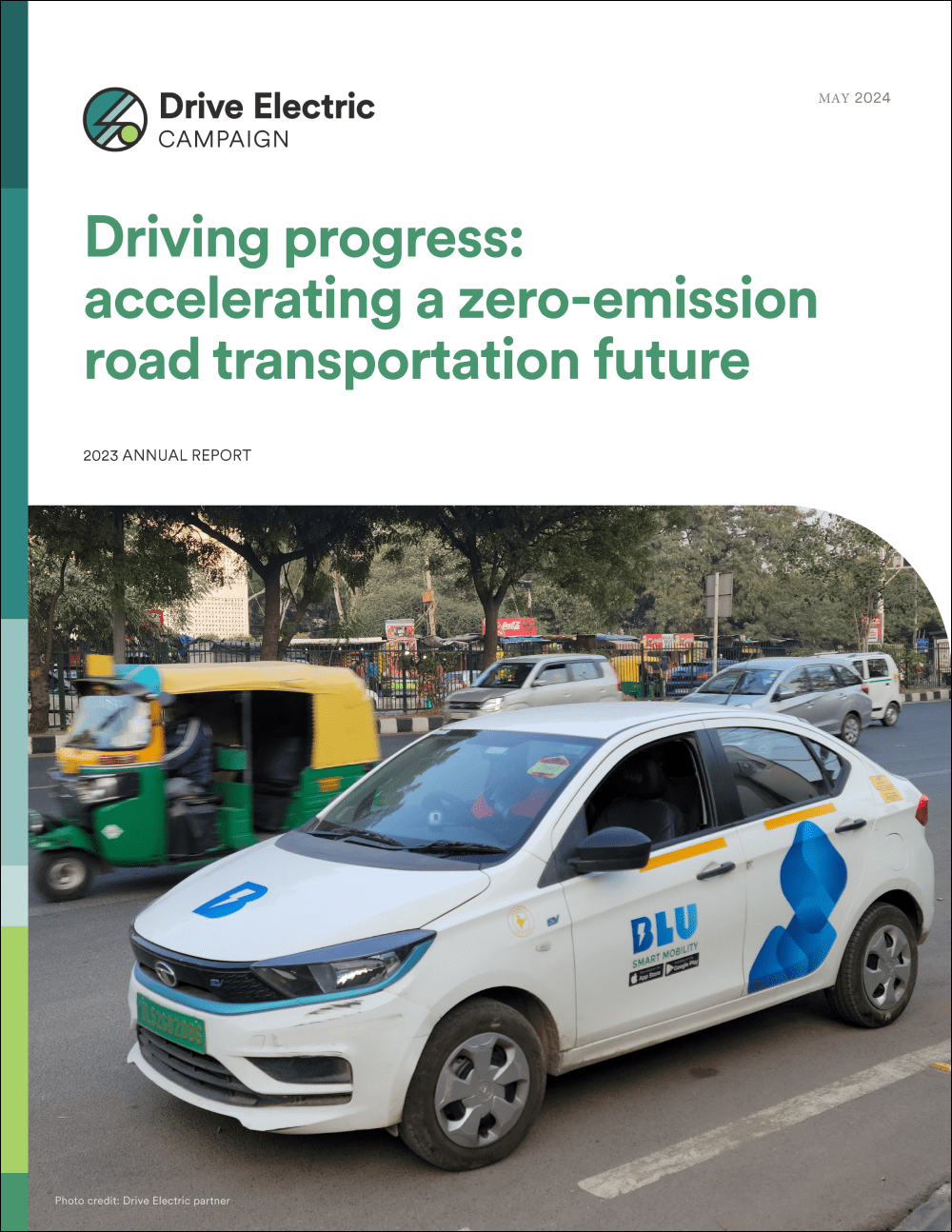Berkeley Public Policy 2035 Report 2.0: Plummeting Costs & Dramatic Improvements in Batteries Can Accelerate Our Clean Transportation Future
Berkeley Public Policy 2035 Report 2.0: Plummeting Costs & Dramatic Improvements in Batteries Can Accelerate Our Clean Transportation Future
The 2035 Report 2.0 shows that, with the right policy, it is technically and economically feasible for all new car and truck sales to be electric by 2035, saving lives, cutting transportation costs, and creating millions of jobs. This report models the total cost of ownership for gasoline and electric vehicles, finding that electric trucks are already cheaper to own than diesel versions on a total cost-per-mile basis, and finding that electric cars will be cheaper than gasoline equivalents within the next five years. The study also models public charging infrastructure, estimating the number and cost of the public charging ports needed to accommodate tens of millions of electric cars and trucks, the power supplies needed to meet the increased power demand from this shift, and the capital investment needed to achieve an accelerated transition. Combined with a 90 percent clean energy grid, electrifying all new cars and trucks by 2035 would prevent 150,000 premature deaths and avoid $1.3 trillion in environmental and health costs through 2050 by reducing air pollution, especially in frontline communities near major roads, transit centers, or freight hubs. The rapid electrification of new car and truck sales would save consumers $2.7 trillion by 2050, which translates to about $1,000 for every household per year over the next 30 years, and would support a net increase of over 2 million jobs in 2035. But we need smart policy to realize these benefits, including strengthened federal fuel efficiency standards, state zero-emission vehicle standards, and labor standards to encourage the domestic manufacturing and sale of electric cars and trucks.
[1]test
